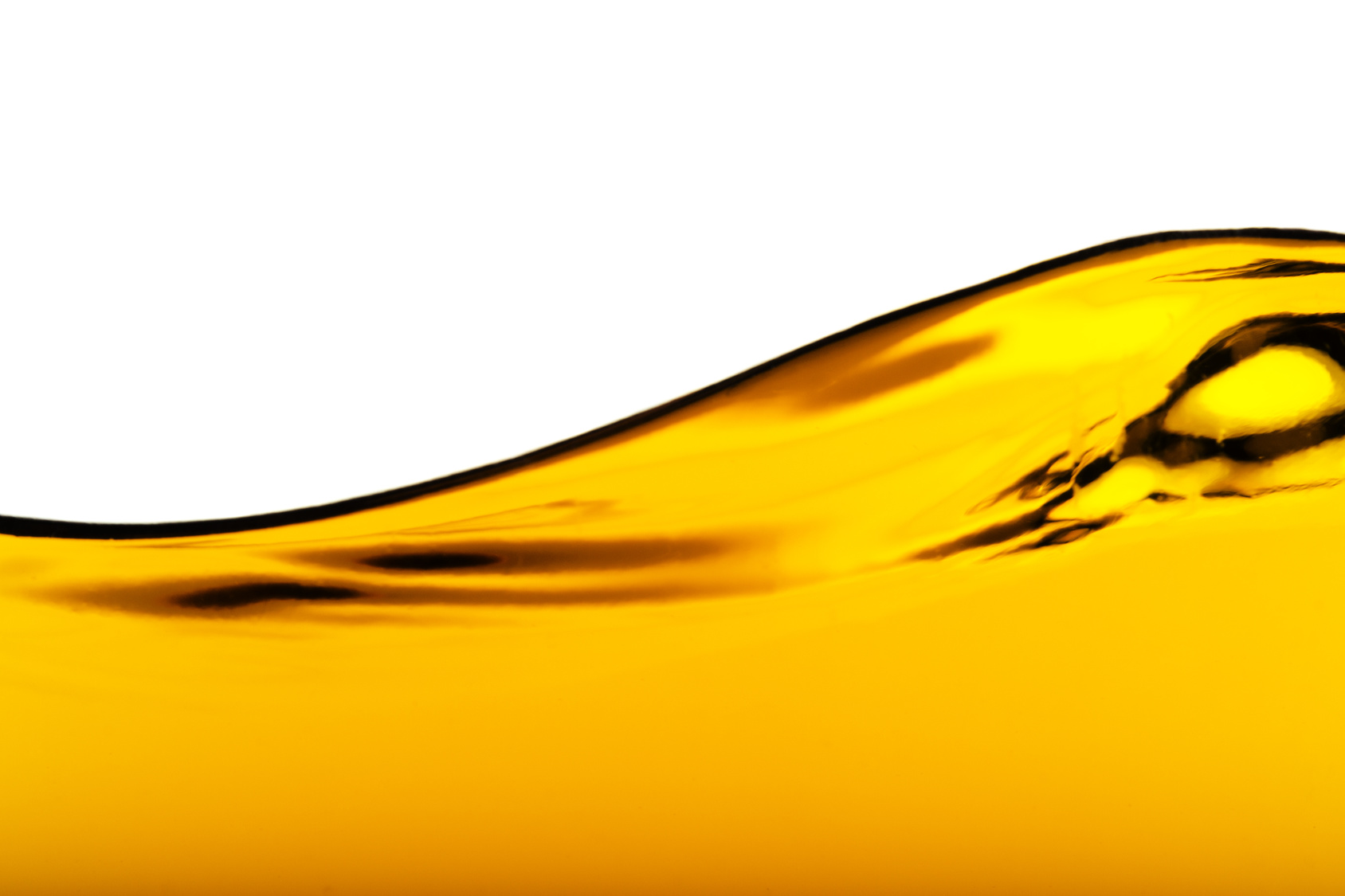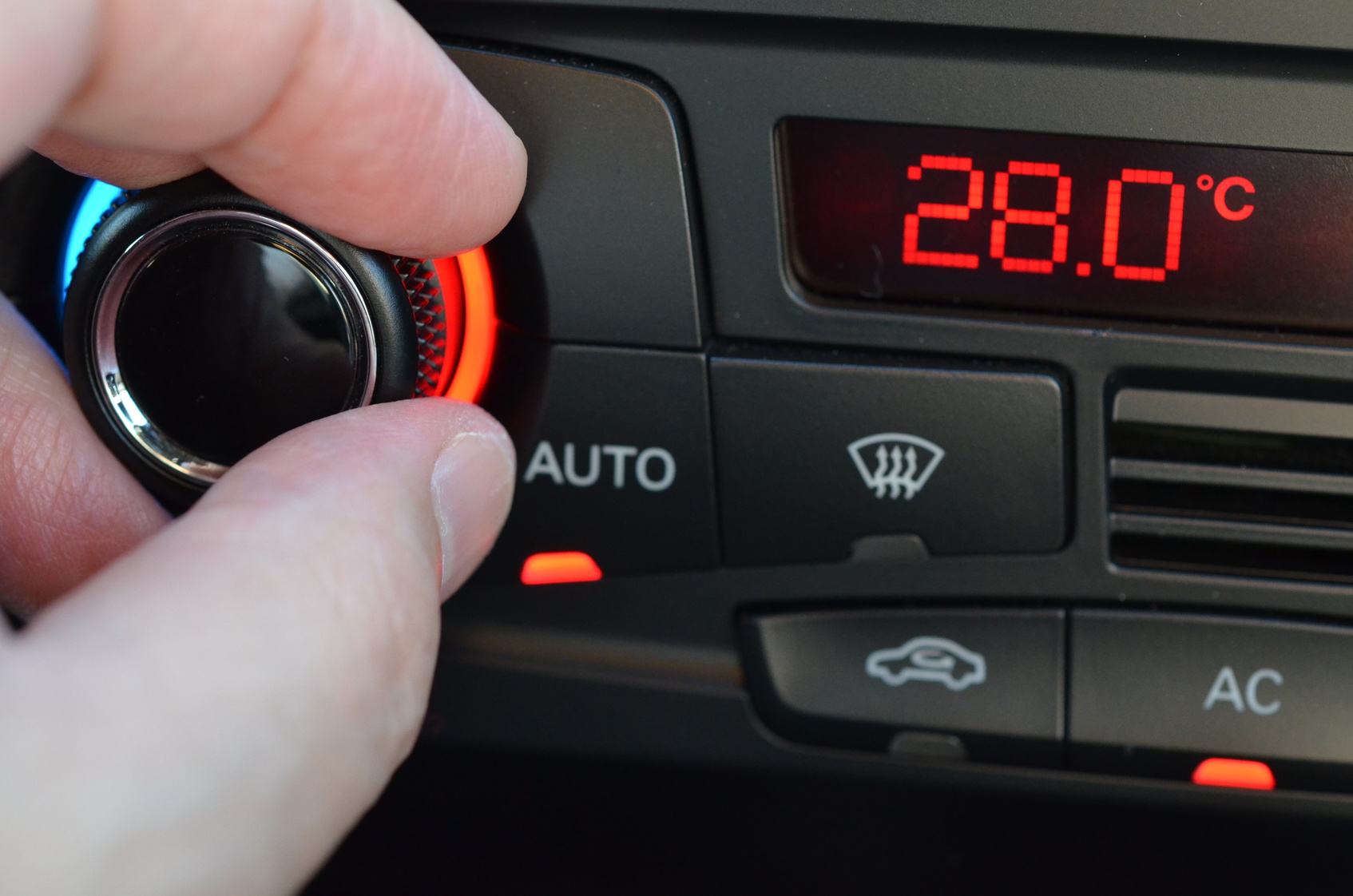
MECHANICALResponding to the direct impacts of temperature on mechanical efficiency
Oil viscosity, constant lubricant film, ARIAMIS studies the means to maintain the ideal temperature range, a guarantee of performance and the limitation of mechanical wear.
IDEAL OIL VISCOSITY DIRECTLY DEPENDS ON THE TEMPERATURE
Oil’s lubricating power is directly influenced by the temperature. When it is too cold, it does not lubricate effectively. When it is too hot the oil deteriorates, either slowly by oxidising and generating particles, or quickly when the oil “cracks”. Thermal management tries to reach the ideal temperature range as quickly as possible and then keep it there. An even finer thermal management will not be content to reduce the risk of malfunctions, but will aim to more precisely adjust the ideal operating temperature.
THE PHYSICAL EXPANSION OR CONTRACTION OF MECHANICAL PARTS
The relative expansion or contraction of parts in relation to each other leads to a change in the space between them. To be effective, the oil creates a lubricating film between the moving surfaces to minimise contact. This film must be constant to prevent friction that can cause a loss of efficiency and mechanical wear.
WATER, TO HEAT OR COOL THE OIL DEPENDING ON THE SITUATION
Water heats and cools very quickly, as opposed to oil that suffers from a certain level of temperature inertia. Oil is long to heat and gains in temperature until its combustion. Thermal management consists in foreseeing and organising calorie exchanges between the oil and the water.
> Sizing > Load loss > Water flow > Outside air > Temperature requirement > GMV
|
AIR CONDITIONING
Optimising air conditioning behaviour using a sufficiently fine thermo-management of each HVAC component
AIR PROCESSING
Improving air quality in the passenger compartment: a health challenge and much more |
















